Brinthia Dawood, from Thornton in Cape Town, is one of 185 qualified Early Learning Outcomes Measurement (ELOM) assessors in South Africa.
Brinthia has dedicated her entire working life to helping create meaningful learning opportunities for young children. She has worked as an early childhood development (ECD) teacher, an early learning programme principal, the programme manager of the Early Learning Resource Unit (ELRU)’s home learning programme and most recently as an independent ELOM assessor. This is her story.
Inspiration
“I’ve always been passionate about early learning. My mother has been a major influence. She was actively involved in childcare and the Boy Scout Movement. There were always young people in our home,” says Brinthia.
“Young children are like sponges, they soak up information. Throughout my career, I’ve seen the enormous benefits of early learning, both at home and in a more formal ECD environment.”
Becoming an ELOM assessor
Brinthia initially did the ELOM training whilst working at ELRU. “The tools work well because they are designed for the South African context and administered in the child’s home language.
“ELOM measures physical development, including height and coordination; the ability to understand instructions, solve problems and count, as well as language development. The animals and pictures are relatable, things the child has probably already encountered. This familiarity makes the child more comfortable during the assessment and gets the best out of them.”
Being retrenched during the COVID-19 pandemic was devastating. It was after leaving ELRU that Brinthia began working independently for ELOM.
“Training as an ELOM assessor has been an opportunity to learn desirable new skills and generate an income. Financially it’s been a significant contributor. What I appreciate most is that I’m still on the ground, working directly with children and helping to make a difference.”
Brinthia shares the qualities she feels make a successful ELOM assessor. “You need a passion for working with all children, whether they are slow or fast learners. You need some technical know-how to use a tablet to do the assessments. Compassion, fairness, flexibility and patience are invaluable. So is being a good listener and problem solver.”
“The training is well planned and takes four or five days. Thereafter the tools are easy to use. Preparation before an assessment is key. It’s worth practising, to master the flow of activities whilst inputting the data on the tablet.”
Impact
Brinthia has been involved in several research programmes. She is one of 49 assessors involved in the monumental Thrive by Five study, the largest survey of preschool child outcomes ever attempted in South Africa. The team assessed more than 5,000 children at over 1,200 early learning programmes across all nine provinces. The data they collected is being used in multiple ways, including as an indicator of the country’s progress towards achieving UN Sustainable Development Goal 4.2.1, the proportion of children aged 24–59 months who are developmentally on track in health, learning and psychosocial well-being, by sex.
She was also involved in the Wordworks British Academy research, in the Cape Winelands and Khayelitsha. “We assessed educators and children to measure how well Wordworks’ learning resources are strengthening early language and literacy training in poorly-resourced environments.”
She says the studies are creating a realistic picture of early learning outcomes across the country. “ELOM is tackling what previously wasn’t available in South Africa. It is ground-breaking and much-needed. By identifying the challenges and gaps, we can plan a way forward.
Brinthia is excited about future studies and further training on using the Home Learning Environment tool. “According to the General Household Survey 2021, 64% of South African children are not able to access any form of ECD. It’s not just about formal learning. Parents are a child’s first teachers. You can utilise everyday items in the home to make learning enjoyable, fun and successful.“
She believes data is critical to creating a brighter future. “The only way to action change is if we have information. The data gathered using the ELOM tools and shared by DataDrive2030 is driving change.”
“It’s important and I’m proud to be involved. Little lives are beautiful. We must cherish them and allow them to be the best they can be.“
Find out more about becoming an ELOM assessor here or email elizabeth@datadrive2030.co.za.
